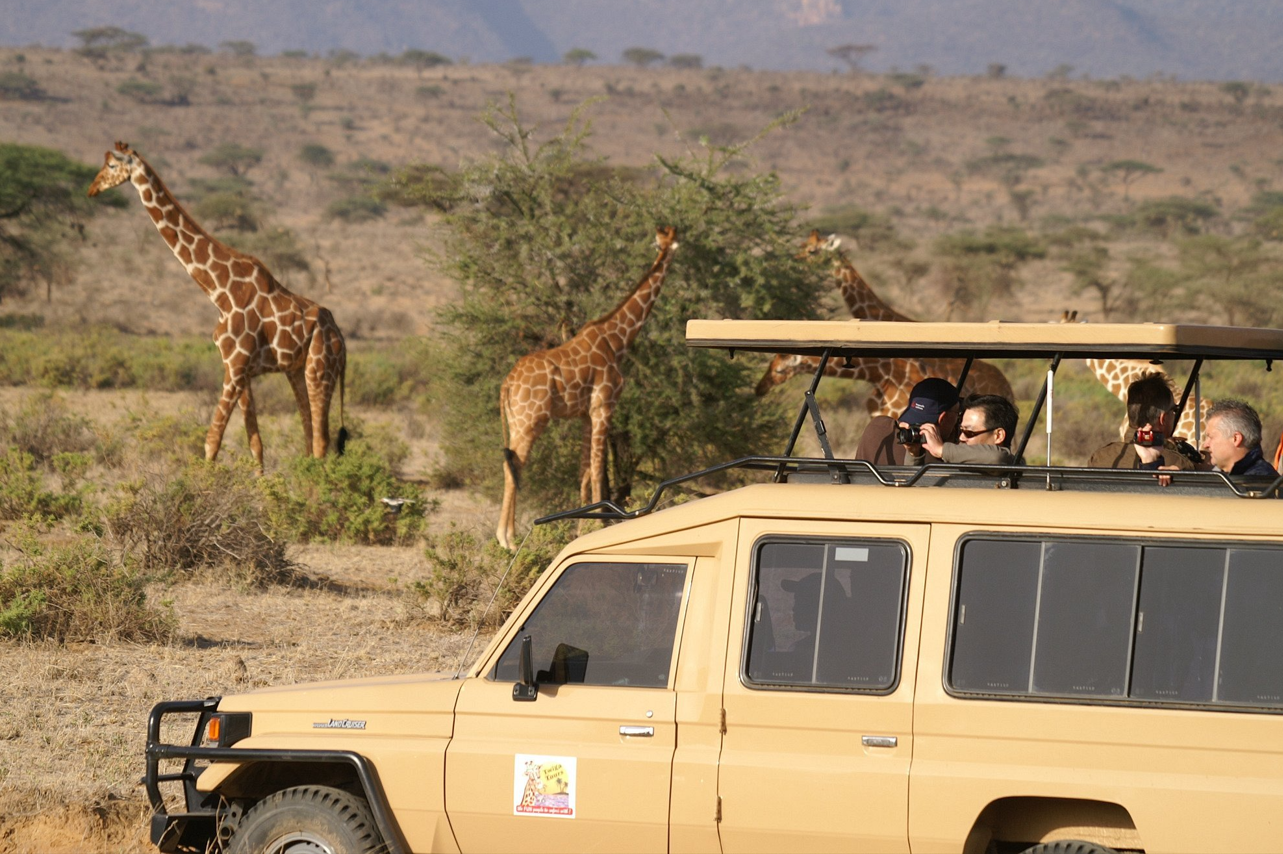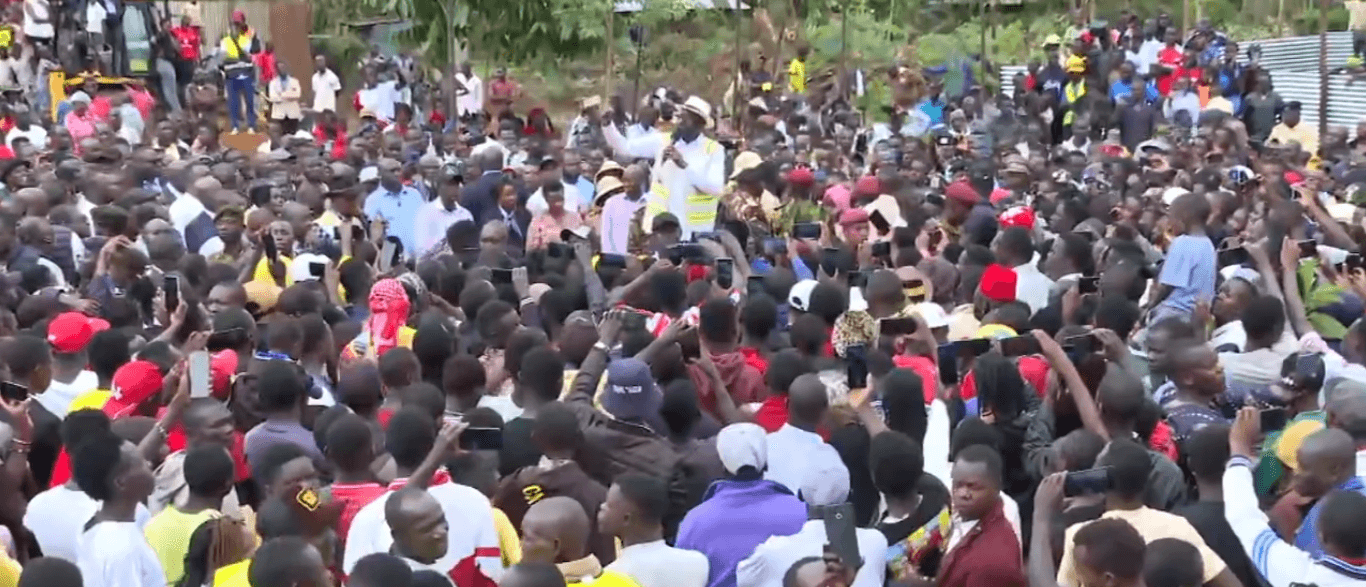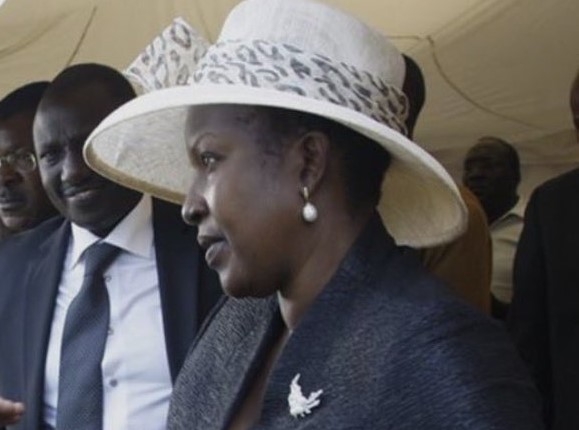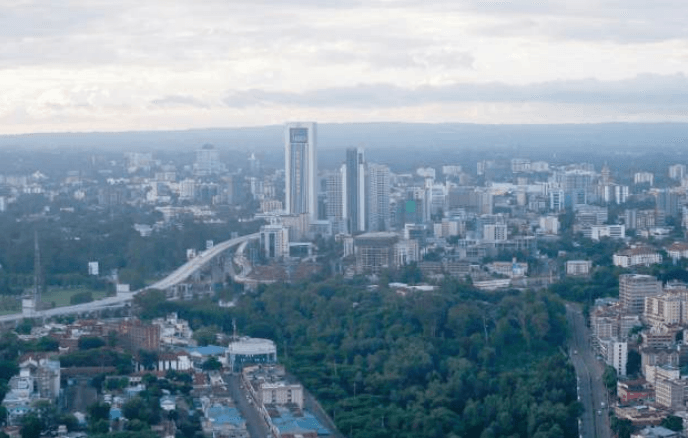
Players in the travel and tourism industry are up in arms against recent changes introduced by the Kenya Wildlife Service to its park fee payment platform, which they say will hurt the sector.
The system only provides credit, debit cards or Mpesa payment options, with the bank transfer option and eCitizen withdrawal, amid questions over the beneficiary of the payments.
This, even as KWS is alleged to have ignored a court injunction on new park fees, which industry players had secured earlier this month.
All payments to government institutions were to be made through e-Citizen and after the court gave an injunction to the new increased park fees, KWS has changed the platform with payments made away from e-Citizen.
Sector players now say the new move has complicated group and large transaction payments that previously relied on bank transfers.
Additionally, an 8.5 per cent processing fee has been introduced for all card payments—a rate they say is unusually high compared to other government platforms.
The Kenya Tourism Federation (KTF), which represents the interests of the mainstream private sector associations in Kenya’s tourism industry, notes that the new system was rolled out without prior consultation with key industry stakeholders, a move that has introduced new financial and operational challenges for tour operators, travel agents and park visitors.
KTF chairman Fred Odek yesterday said the changes have disrupted normal business operations and risk undermining Kenya’s competitiveness as a global tourism destination.
“The rollout of the new KWS park payment system has created unnecessary financial strain and uncertainty for operators who had already priced and contracted tours under the previous arrangements. The additional fees and limited payment options translate to unbudgeted losses and threaten existing contracts with our international partners,” said Odek.
KTF has also expressed concern over the exchange rate applied by KWS, which currently stands at Sh135 per dollar, significantly higher than the Central Bank of Kenya’s prevailing rate of Sh129.
This discrepancy has inflated park entry costs for both domestic and international visitors, the federation has noted.
Kenya Association of Tour Operators in a letter to KWS director general Erastus Kanga, seen by the Star, says that whereas industry stakeholders have no problem with having the option to pay by card, other options should be provided.
KATO chief executive Fred Kaigua said many companies are not comfortable using credit or debit cards to make payment and the current situation is therefore a major concern.
“Those are some who are able and willing to pay by card, but they are also very concerned that the transaction attracts charges of approximately eight per cent on the amount paid. This is deemed to be extremely high and a request has been made for this charge to be reviewed to not more than 3.5 per cent,” he said.
“KWS remains our very strategic partner and the current situation with the credi/debit card is causing a lot of concern. We are requesting that KWS restores the bank transfer option as a matter of extreme urgencу.”
KTF has on the other hand called on the Tourism and Wildlife Ministry and the KWS to reinstate all previous payment options, including bank transfers, to support flexible and efficient transactions.
They should also review and reduce the 8.5 per cent card processing fee to align with industry standards, adjust the US dollar–shilling exchange rate to match the official CBK rate and commit to structured consultations with the tourism private sector before implementing future policy or system changes.
“Collaboration and transparency remain key to maintaining Kenya’s position as a leading global tourism destination. KTF remains committed to working closely with KWS and the Ministry of Tourism and Wildlife to ensure that Kenya’s tourism industry remains sustainable, fair and competitive,” Odek said.
Tourism and Wildlife CS Rebecca Miano, during a recent editors’ forum in Nairobi, however, reaffirmed the ministry’s commitment to ensuring a smooth transition, noting that the reviewed fees and all changes being made are aimed at supporting conservation and improving the visitor experience.
Kanga assured tourists and local visitors that those who had already booked and paid through the eCitizen platform prior to the announcement of the new fees will not be affected.











